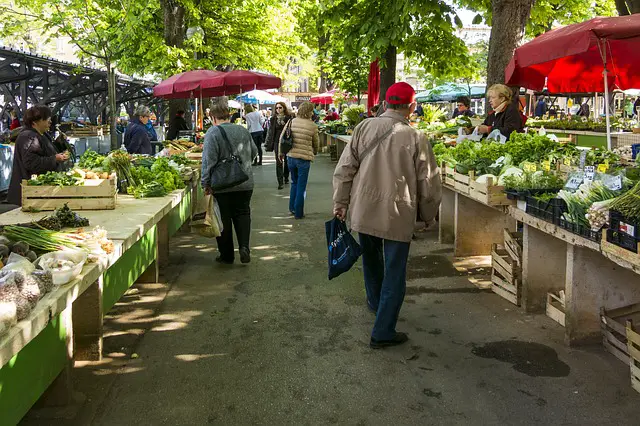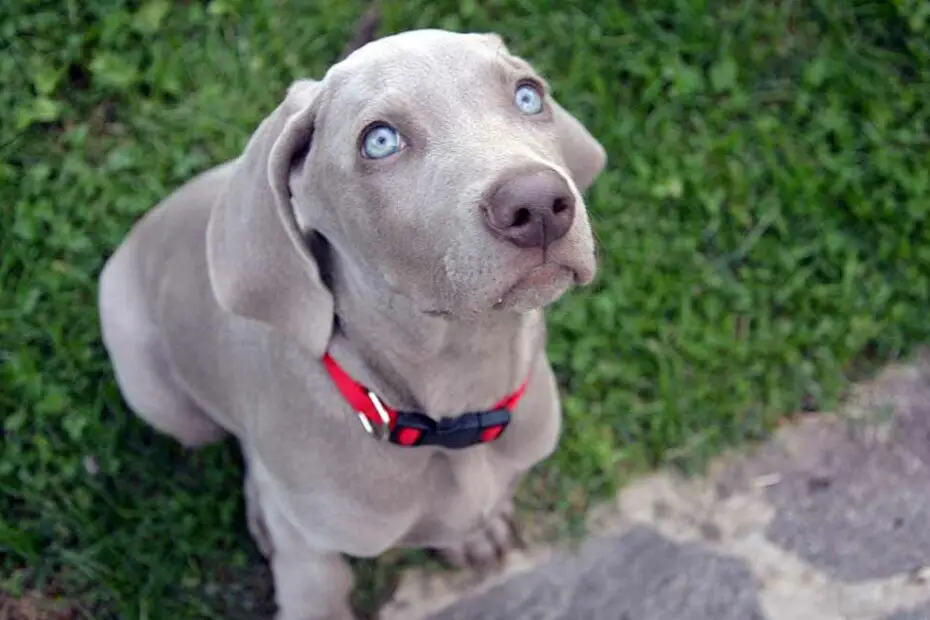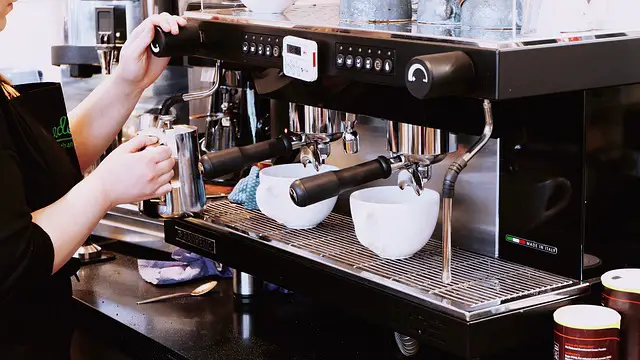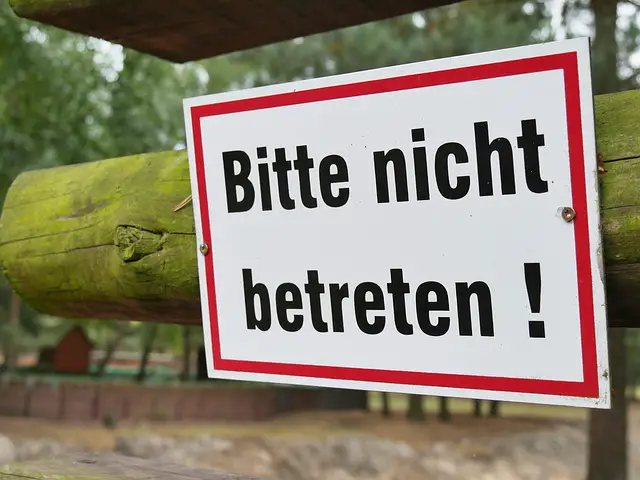The humble “please” goes a long way when you want others to do something for you. You can demand it from them, you could order them to do it, or you may beg for it. But the easiest, purest and yet most sophisticated form to ask others for their assistance is by using the word “please.”
And as it can be assumed you are interested in learning the German language (otherwise you wouldn’t read this, right?), we will look at the ways how to say please in German. And as good manners are appreciated almost anywhere in the world, it’s a useful lesson to learn.
Table of Contents
- Bitte – The basic Please in German
- Using Bitte as a Reply
- Using Bitte as a Noun
- The use of Bitte to stop Someone
- Using Bitte to express Surprise
- Bitte as a sarcastic Remark
- Other Ways to say Please in German
- What if you forget to say Please in Germany?
Bitte – The basic Please in German
The German word for “please” is “bitte“. In linguistics, “bitte” is a particle (meaning it is not modifiable). It stems from the same root as the German noun “Bitte” (meaning a request) and the verb “bitten” (to ask for something).
Example:
“Können sie mir bitte den Zucker reichen?” — “Can you pass the sugar, please?”
“Können Sie mir bitte sagen, wie spät es ist?” — “Can you please tell me what time it is?”
“Ein Bier, bitte!” — “A beer, please!”
Using Bitte as a Reply
You can’t only use “bitte” to ask for something in a polite way. Just as in English, you may also use it in your reply. Whether you reply with “Ja, bitte” (Yes, please) instead of “Ja, danke” (Yes, thank you) is more based on a feeling which is more appropriate in a certain situation than down to strict rules.
Example:
“Möchten Sie Milch in Ihren Kaffe?” – “Ja, bitte!” — “Would you like milk in your coffee?” – “Yes, please!”
And you can use it as a kind of “there you are.” So when you ask someone e.g. to pass the salt in a restaurant, he or she might hand it over to you saying something like “bitte”, “bitte sehr” (which literally translates as: please a lot) or “bitte schön.” (which literally translates as: please beautiful)
Example:
“Ich interessiere mich für die rote Handtasche in ihrem Schaufenster. Könnte ich sie mir einmal genauer ansehen?” – “Ja, natürlich. Hier, bitte!” —
“I’m interested in the red handbag in your shop window. Could I have a closer look at it?” – “Yes, of course. Here you go.”
Using Bitte as a Noun
You can also use the noun “Bitte” in order to put your wish into words.
Example:
“Ich habe eine Bitte. Könnten sie mich morgen früh um 7 Uhr wecken?” — “I have a request. Could you wake me up tomorrow morning at 7 o’clock?”
“Eine kleine Bitte, ich hätte gerne Ketchup statt Senf zu dem Würstchen!” — “One small request, I would like ketchup instead of mustard with the sausage!”
The use of Bitte to stop Someone
You can also use “bitte” in order to stop someone from doing a particular thing.
Example:
“Hallo Sie, bitte nicht den Rasen betreten!” — “Hello there, please don’t step on the gras!”
“Möchten Sie Eiswürfel in Ihr Mineralwasser?” – “Bitte nicht!” — “Do you want ice cubes in your mineral water?” – “No, please!”
Using Bitte to express Surprise
“Bitte” comes in handy as well when you want to express surprise or in case something unexpected happens.
Example:
“Wie bitte?” — “I beg your pardon?”
“Ich möchte nicht, dass du mitkommst!” – “Bitte, wie du willst!” — “I don’t want you to join me!” – “Please, as you wish!”
Bitte as a sarcastic Remark
Similarly to English, the word for please in German can also be used in an ironic or sarcastic way.
Example:
“Die Regierung hat gesagt, sie wollen die Steuern senken.” – “Ach, bitte!”
“The government said they’re going to cut taxes.” – “Oh, please!”

Image by Martin Winkler from Pixabay
Other Ways to say Please in German
While “bitte” is the usual way to ask for assistance in German, you can also omit it and still be polite. You usually do this by turning your request into a hypothetical question. That way the person you ask doesn’t feel pushed.
Example:
“Wäre es möglich, dass Sie mir ein Taxi rufen?” — “Would it be possible for you to call me a cab?”
“Dürfte ich mir kurz Ihren Stift ausleihen?” — “May I borrow your pen for a moment?”
“Entschuldigung, können Sie mir sagen, wie spät es ist?” — “Excuse me, could you tell me what time it is?”
(More on how to say pardon me in German in our post How to say Excuse Me in German.)
What if you forget to say Please in Germany?
Well, in most circumstances the worst that can happen is that people think you are a bit rude. But some people may also come back with a rude reply or ignore your request. When you are quite close with the other person, he or she may ask you for the “Zauberwort” (the magic word) to tease you. By “Zauberwort” they of course mean “bitte”, so please in German.
A familiar comical dialogue between two Germans goes like this:
Mark: “Kann ich die Zeitung haben?”
Sabine: “Wie ist das Zauberwort mit zwei T?”
Mark: “Aber flott!”
Translation (we replaced the Ts with Es to make it work):
Mark: “Can I have the paper?”
Sabine: “What’s the magic word with two E’s?”
Mark: “But speedy!”
OK, I guess we covered all the different possibilities how to say please in Germany. Plus many other cases how to use the word “bitte”. What did you say? Danke? Ach bitte, gern geschehen! (“Oh please, you are welcome!”) 🙂






